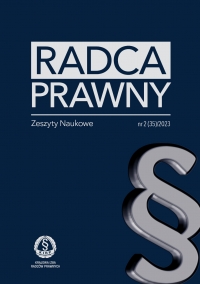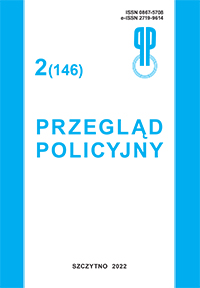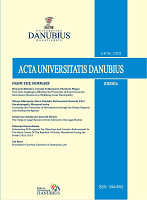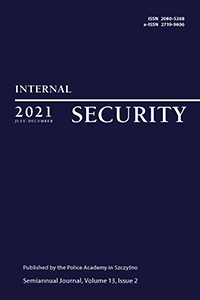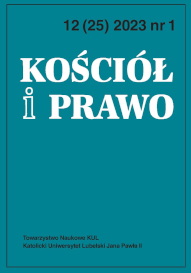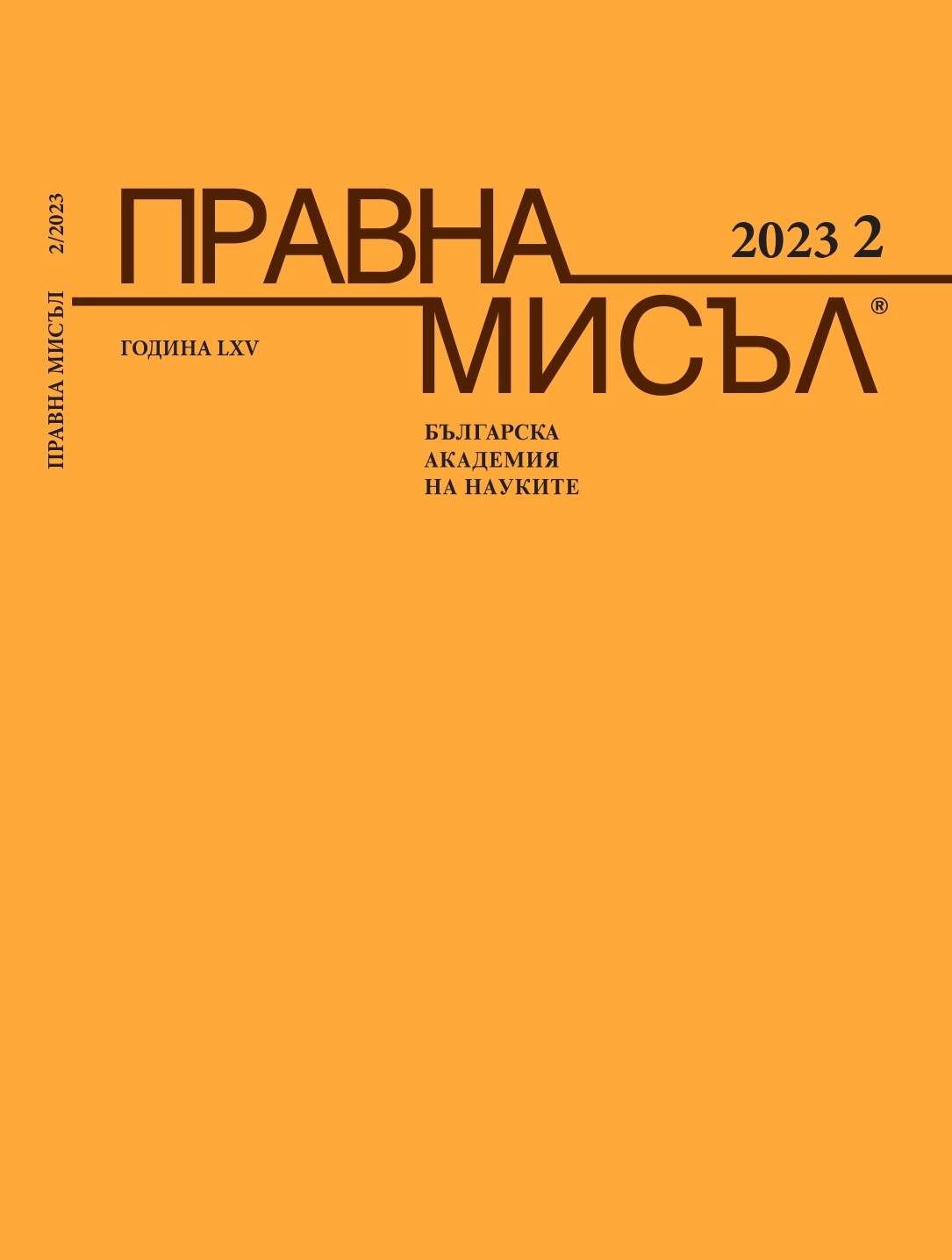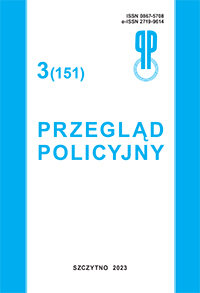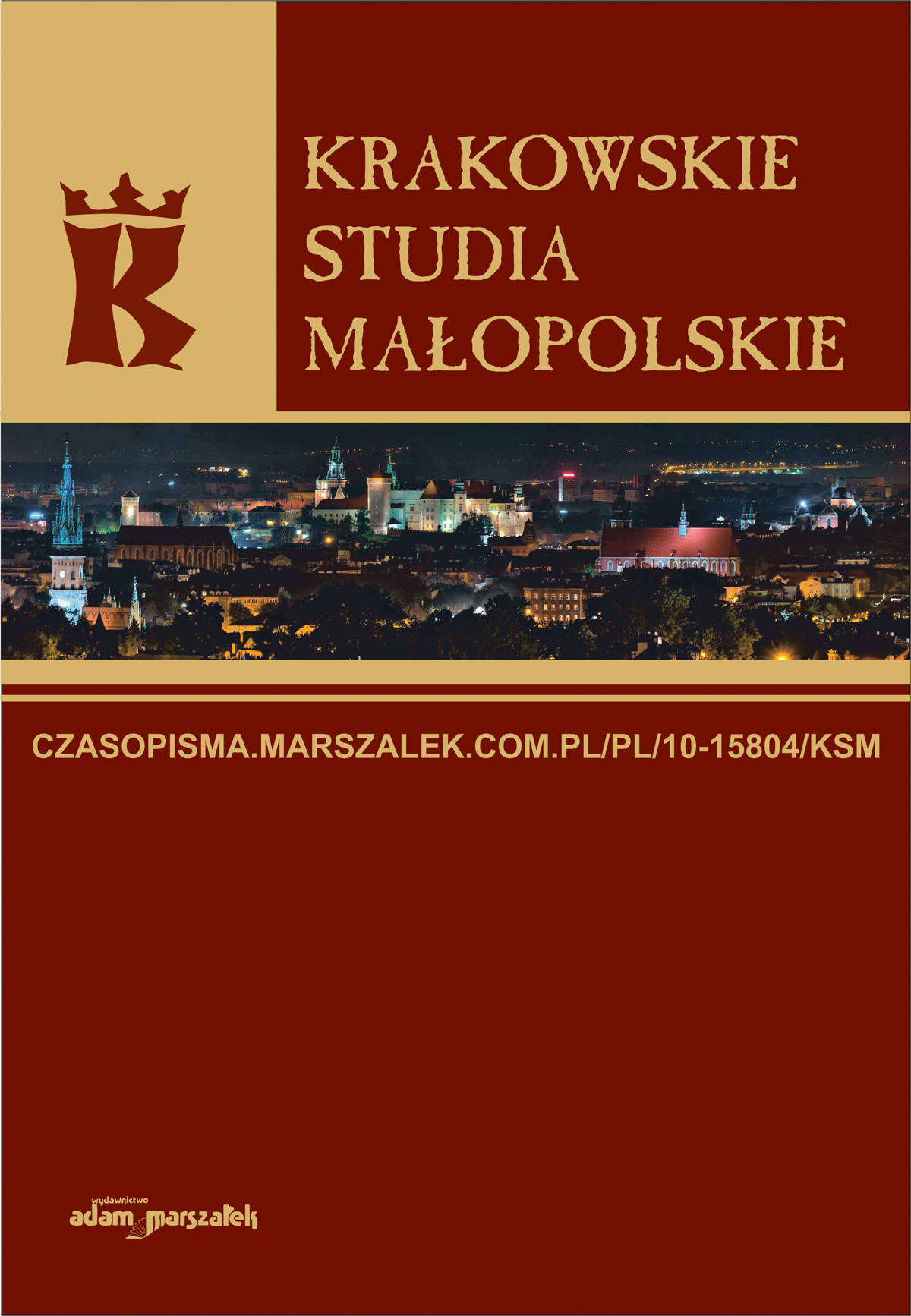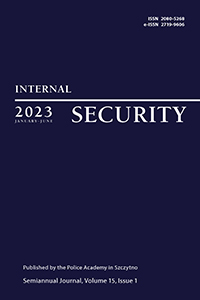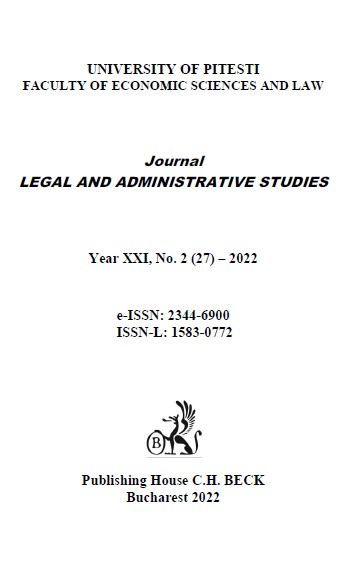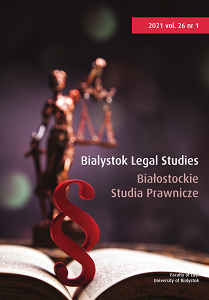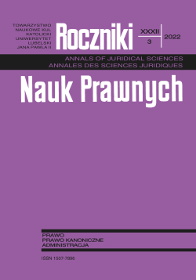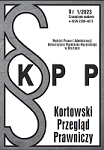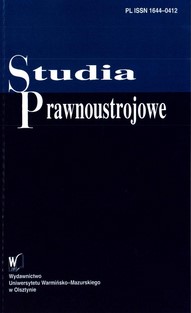
Oskarżeni o współpracę z bolszewikami i działalność komunistyczną przed siedleckim Sądem Okręgowym w latach 1918-1939
Interwar period in Poland was full of many phenomena, which are elements of the development of the new state. Among them was also condemn those that interfere destructively on the general public, and even were the factors threatening the sovereignty of the newly liberated country. In the former Polish Kingdom, attention is the problem of Polish citizens cooperate with the Bolsheviks during the 1920 war phenomenon is met with strong opposition of the broad masses of society and special interest of justice. The case list the Criminal Division of the District Court of Siedlce, early 20s Twentieth century, was the site of many processes, accused of favoring the Bolsheviks, against the Polish state. Each of the pending issues here, reveals another reason to establish this collaboration. Frequently it was the fear, the defendants rarely reveal ideological reasons. With time, these processes took place Lawsuits brought accused of belonging to a communist organization. Although the scale of their operations within the jurisdiction of the District Court of Siedlce was not large, it is especially in the early 30s became prominent among the workers and artisans. Also carried out active propaganda among young people, with an affected by unemployment and lack of prospects. Their goal was to overthrow the existing regime and take power in Poland. Therefore, any Communist activity, increase its vigilance of law enforcement and justice.
More...
